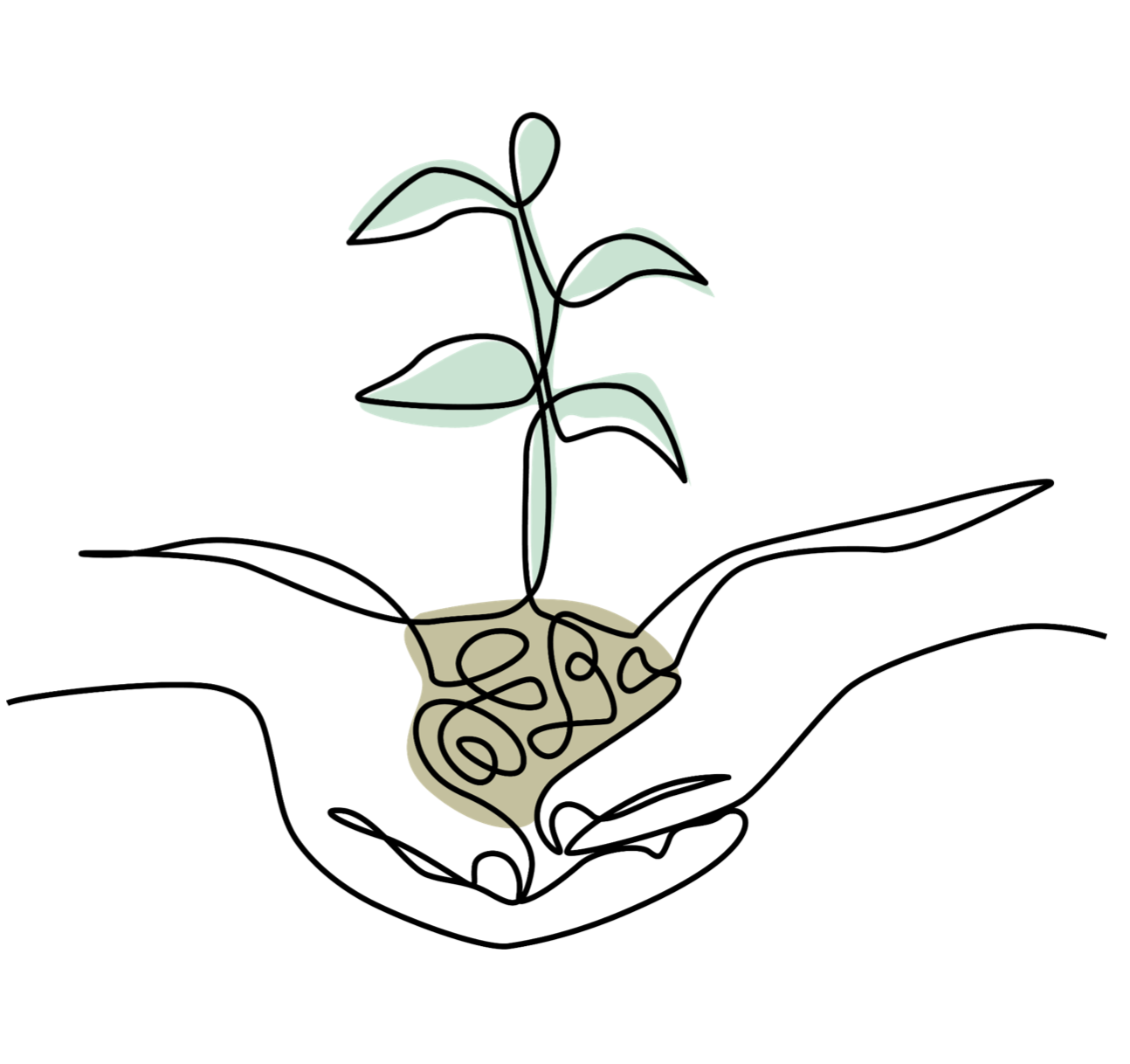Our Work
Call In Your People is a therapy and community dialogue practice, focusing on somatic healing from trauma.
In all facets of our work, we aim to develop skills to "call in" others when they cause harm: your beloved family, your dearest friends, people who look like you or have similar lived experiences as you - your people. We believe that healing is not only possible, but inevitable. We begin with each other, by calling in your people.
Many of us have learned how to "call someone out" when we experience harm. We call someone out because they hurt us or someone we care about. Sometimes, calling someone out is a trauma response to protect ourselves from being hurt again. Other times, it may be an exercise of allyhood to protect the dignity of someone we care about. While typically well intentioned, calling someone out tends to rely on blame, shame, judgement, and dehumanization. Very few of us learn how to confront our wounds in ways that build healthier behaviors and relationships into the future.
Originally conceived by Loretta Ross, "calling-in" is a practice of restorative justice. When harm or injustice occurs, calling somebody in confronts it with a belief that repair is possible, but only if we stick together. We slow down, lean in closer, get curious, and embrace vulnerability. We acknowledge that nobody is disposable and everybody has inherent dignity; our healing relies on our investment in one another.
Our Values
-
Accountability
We hold ourselves accountable to repairing harm when someone says they are hurt.
-
Reciprocity
We share labor proportionately. Everyone has a role to play but not everyone’s role is the same.
-
Equity
We believe that all intersectional liberation movements are bound up with one another.
-
Return
We do not flee from discomfort or hide from imperfection. We show up for the work and our community.
Eli Zucker, LCSW / LICSW (he/him)
Trauma Therapist | Group Dialogue Facilitator
Eli is a somatic trauma therapist and leading social change consultant specializing in intra-identity dialogue, men’s accountability to gender based violence, and psychosomatic healing from trauma. He has led workshops throughout North America, with partners ranging from the San Francisco Giants to the Department of Justice to Lululemon. Eli previously served as adjunct faculty at the University of Washington School of Social Work. He is currently a licensed clinical social worker in Illinois (LCSW), Michigan (LMSW - Clinical Specialty), Utah, (LCSW) and Washington state (LICSW), and holds a Master’s degree in Social Work from the University of Michigan.


